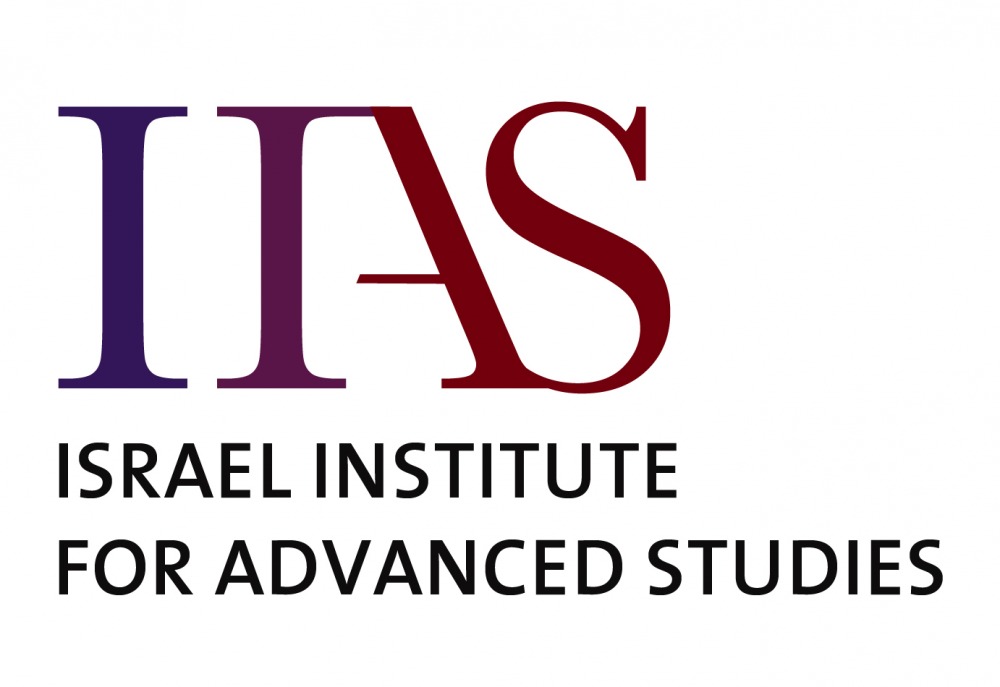
Please join us for our upcoming seminar on: "Mystics without (Linguistic) Borders" by Dr. Uri Shachar (Ben-Gurion University).
Monday, January 25, 2021, from 17:30 to 19:00 (Israel time) via zoom.
Please contact Alon Ben Yehuda, the Research Group assistant, to receive the Zoom link: alon.ben-yehuda@mail.huji.ac.il
ABSTRACT
Michael Sells’ seminal volume Mystical Languages of Unsaying (1994) marks an important milestone in the field of religious history. Its magisterial thrust lies in the fact that it meditates deeply on particular usages of apophatic verse in various discourses, but at the same time reflects on the universality of the assumptions that they shared. The book traces an intense preoccupation with the role of language as a vehicle in medieval mystical practices, such that in certain circumstances the rejection of language altogether was seen as a crucial station on the way toward unification with the divine. In this state human speech itself is seen as redundant, or as an equally arbitrary manifestation of our confinement to the material world. It is no surprise that this technique is found across religious traditions that otherwise could be seen as discordant or even rivaling. The profoundly universal assumptions that lay at the basis of this technique sometimes led medieval mystics themselves to contemplate the idea of crossing religious boundaries as a tool of attaining a perspective on the arbitrariness of that which presents itself as real.
The present intervention seeks to take this thought further, and explore whether linguistic instability, or rather multilingual instability, was a technique that mystics employed. The works of two scholars will serve as case studies: Otzar ha-Hayyim (The Treasure of Life) by the Kabbalist R. Isaac of Akko, and Kitab al-Maqamat al-falsafiyya wa-l-tarjamat al-sufiyya (Philosophical Session and Sufi Interpertations) by the Sufi Shams al-Din abi Talib al-Dimasqi. In discussing these two works I shall attempt to draw some conclusions on the deliberate choice of near-eastern mystics to locate themselves in the space between cultures, and also on the way these mystics imagined linguistic diversity to work in their favor.
Uri Shachar is Assistant Professor of Medieval History at Ben Gurion University, where he is also a member of the Center for the Study of Conversion and Inter-religious Encounters. He has held fellowships at the University of Pennsylvania, Fordham, and most recently at Harvard University where he started his second book project on the Consequences of Mutilingualism in the Eastern Mediterranean. He is currently also the PI of a project entitled The Dialogical Context of Near-Eastern Polemical Literature funded by the Israel Science Foundation. His book Dialogical Warfare in the Crusading Near East forthcoming with the University of Pennsylvania Press is scheduled to be released in August 2021.

